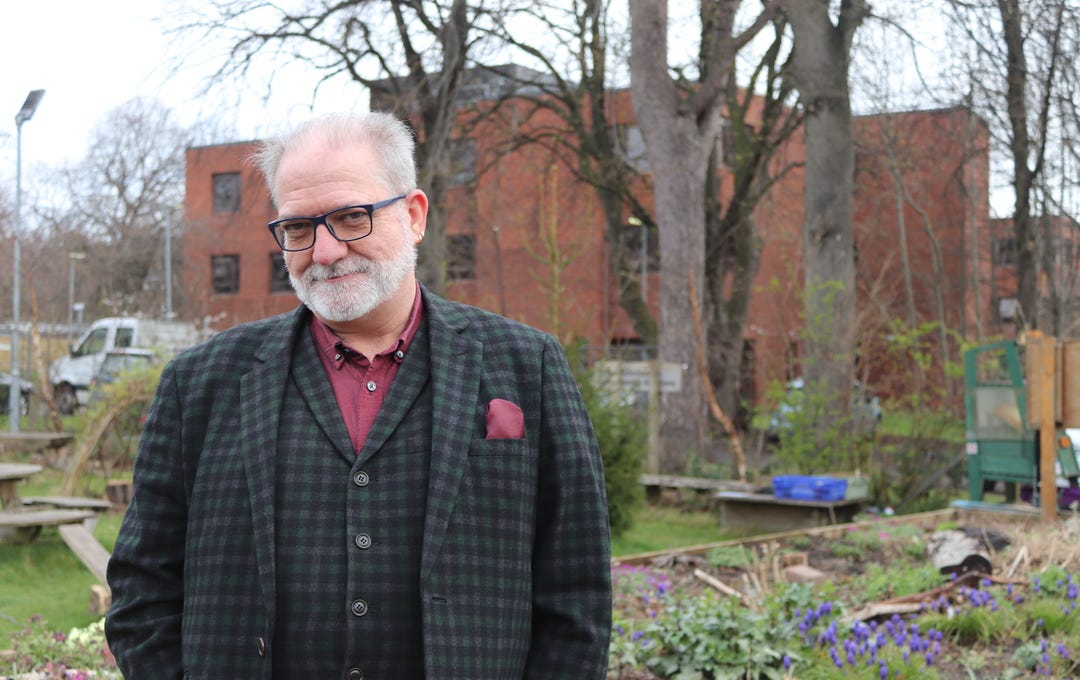'We can't just build our way out of this crisis. It needs more.'
Charity leader Ewan Aitken on what it will take to tackle the Capital's housing emergency
In a special guest post, Ewan Aitken, Chief Executive of Cyrenians - one of the Capital’s leading homelessness charities - calls for a “public health approach” to tackling the crisis, arguing that building more new homes will not succeed on its own.
Scotland’s homelessness statistics were published in the past 24 hours, and they do not paint a very positive picture. In 2024/25 34,067 people in Scotland were assessed as homeless. And that’s just the people we know about. We just don’t know how many people might be staying on friends couches or sleeping outside, too worn down to approach anyone for help. Some believe it could be four times as many people as the statistics suggest.
Even Edinburgh – this year crowned the most expensive city break destination in Europe – is facing an ever-growing crisis. The number of children living in temporary accommodation in the capital has risen by 17% to 3,470. And they amount of time they spend there – an average of 538 days far outstrips anywhere else in Scotland. Those of us work in this sector know that behind these stats are a unique set of circumstances. Demand for housing, an increasingly unaffordable private rental sector, a proliferation of expensive student accommodation and a widening gap between those who have money and those who don’t – means that the risk of homelessness is greater in Edinburgh.
Risk to health is clear
The impact of this goes further than a period of housing insecurity, easily brushed off when it comes to an end. Homelessness can have a profound and long-term impact on a person’s mental and physical health – for a litany of reasons.
People who are at risk of or experiencing homelessness are likely to frequently go to hospital, live with a disability, have poor mental health and live with physical health conditions which requires frequent medical attention. The studies are numerous, and the evidence is clear – the risk to both the physical and mental health of the population of Edinburgh is very real if we do not bring these numbers down. It is a public health issue, and our communities are at risk.
In 2020 when COVID-19 was at its height, the Scottish and UK Government’s response was based on it being a Public Health emergency. A Public Health Approach was the basis of all its responses including how they and we supported those who were homeless and couldn’t isolate. The actions were designed to keep down the number of people harmed by the viral disease, based on an understanding of how it affected people at a population level. It required collaboration and compromise between sectors and a shared sense of responsibility. Because without that – the harm would be even greater.
Homelessness is not an airborne virus, it is the result of a series of structural failings. But, like COVID-19, it can have a long-lasting impact and can potentially effect anyone. For that reason, I believe we need to learn from those years of lockdowns and continue to take a public health approach to homelessness – using collaboration and evidence-based strategies to tackle the problem from all sides. We need more social housing, but relying on housing alone is about as effective as relying on ‘herd immunity’.
The answers are known



